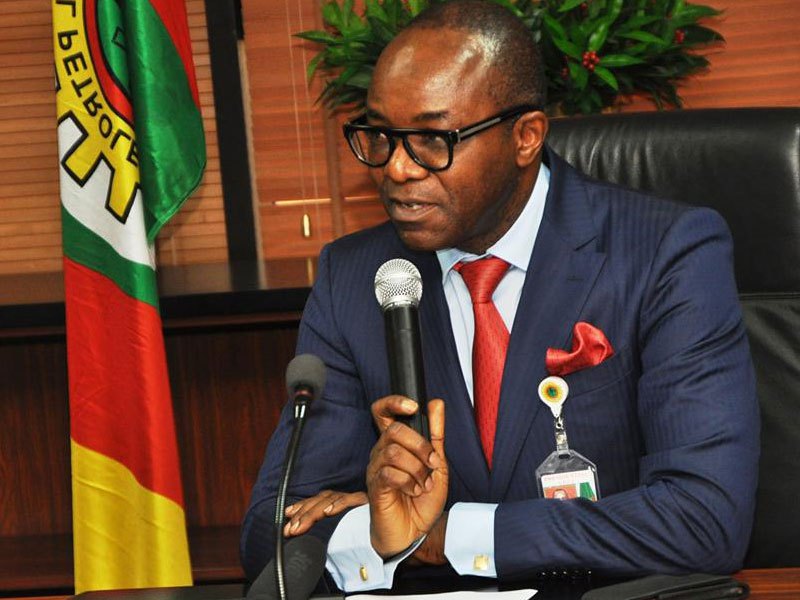The national government in Nigeria said Wednesday it would continue to maintain its hold on the country’s four refineries with their management remaining with the Nigerian National Petroleum Corporation (NNPC) irrespective of the model the government adopts to revamp and upgrade them.
Yemi Osinbajo, acting president, who disclosed this at the 2017 National Conference of the Petroleum and Natural Gas Senior Staff Association of Nigeria (PENGASSAN) in Abuja also disclosed that a new national gas policy had been approved by the Federal Executive Council that would help the country tap into the opportunity of boosting its revenue streams with income from oil and gas.
Osinbajo, who spoke through Ibe Kachikwu, minister of state for petroleum resources, reiterated that there was no attempt, neither was there any approval to concession or to sell the refineries.
He said what the Federal Government had approved was to bring in a financing mechanism that would enable the country finance, develop and upgrade the refineries.
“Nothing in the equation of what we are trying to do is taking away the management of the refineries from the NNPC, or taking NNPC away from the management. However, we need to bring in funds, we need to bring in best practices; we need to bring these institutions to work at the level where they are important for this country, otherwise we would be losing money,” he said.
Osinbajo also warned that in their present epileptic performance levels, the refineries would become obsolete over the next three to four years, unless something is done urgently.
“The reality is that we want the private sector players to begin to build their own refineries. Whatever it is we are protecting would disappear. Unless we begin to move very rapidly and very quickly to position these refineries in such a way that they can compete, we would lose the refineries completely, together with all the job skills that exist in those areas,” he noted.
Osinbajo lamented that the idea of continuous importation of petroleum products in the country was a shame, adding that all efforts should be made to fight anything that prevents the country from stopping fuel import.
“Unless we can build the twin engine of earnings between petroleum and gas, we are not likely to see an improvement in our economy or see opportunities that a lot of you are beginning to miss in terms of job opportunities in the oil sector,” he noted.
He identified gas as the new horizons for opportunities.
“Gas is a future for this country. Whether it is investment that you play in; whether it is support in terms of staff retooling and retraining that you play, whether it is providing infrastructure that you play in; gas is the place to be; and we need to begin to look at that,” the acting president added.
Osinbajo also bemoaned the slow pace of policies in the petroleum sector, saying that policies were not moving as fast as they should to catch up with changing times, a factor that had put immense pressure on policy makers.
“There is a sheer amount of work that is unbelievable in the sector. Those of us who are privileged for the time being to sit in areas where you influence policies have come to work extremely hard to catch up with that speed and to help drive the sea of change that is imperative if this sector would survive.”
He advised members of the association to transit from focusing solely on issues of staff welfare to issues of staff investment in the sector, whereby their members participate in the value chains of the petroleum industry as entrepreneurs, tap from opportunities and serve as drivers of ideas in the sector.
PENGASSAN on its part pledged to participate in decisions and issues concerning the refineries, adding that while government awaits the coming of investors in the three refineries, it should ensure the immediate rehabilitation of obsolete equipment in the refineries, as it would also put an end to importation of petroleum products.



